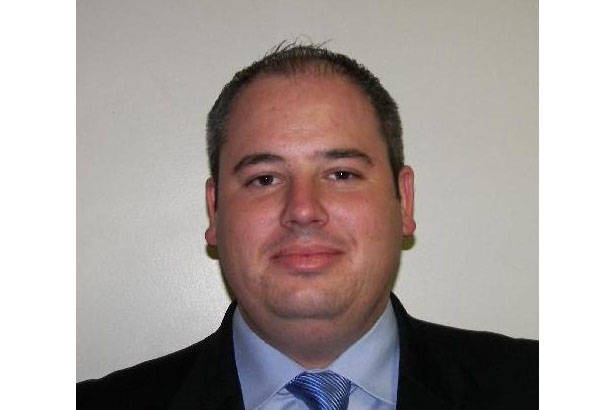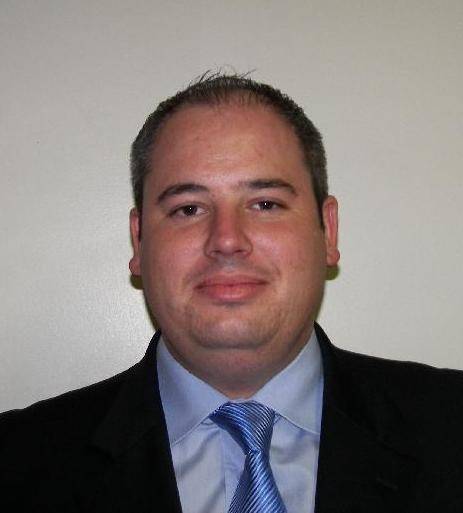With the baby boomer generation entering their golden years, more and more are proudly calling the Silver State home. Recognizing all the opportunities Nevada has to offer, more and more retirees are moving to our state, making it one of the most popular destinations for retirees in the country.
In 2018, there were nearly 520,000 Medicare beneficiaries across Nevada, a 50 percent increase from 2010. As the population of seniors and Medicare beneficiaries grows, so, too, will the need for high-quality professional home health.
Many older Nevadans may remember the days when doctors made house calls. Remembering the convenience of being treated in the comfort and privacy of their own homes, seniors, today, are increasingly turning to home health agencies (HHAs) to help meet their medical and rehabilitative needs. This is especially true for patients in a state as rural as Nevada, a significant number of whom live more than 30 miles from the nearest hospital. For seniors in Tonopah, for example, the nearest hospital is more than 100 miles away, creating substantial access and transportation issues. Faced with these barriers, it is little wonder why so many Nevadans prefer to be treated in their own homes.
Moreover, home health is good for taxpayers. As a more cost-effective alternative to hospitalization or institutionalization in nursing homes, home health saves the federal government millions of dollars each year. By improving patient outcomes and addressing patients’ health issues early before they develop into even more serious problems, home health professionals work every day to prevent costly and unwanted hospitalizations.
Unfortunately, at a time when more Nevadans are choosing to take advantage of the many benefits home health care offers, the federal government is moving to implement a new payment structure that could make it more difficult for seniors to select home health. The Centers for Medicare & Medicaid Services (CMS), the agency that manages the Medicare program, recently unveiled a new payment model that would permit the government to make “behavioral adjustments” to reimbursements for home health services.
Medicare’s new Patient-Driven Groupings Model (PDGM) would change payments based on assumptions about what home health agencies may or may not do when delivering patient care —before they actually do it. Just as it would make no sense for me to pay my hairdresser or landscaper less because I’m worried they may cut my hair or my grass differently than they did last month, it is against accepted standards to slash reimbursement rates to home health agencies without first gathering evidence of how they actually take care of Medicare beneficiaries and adjusting accordingly.
Not only does this approach defy logic, it could have a negative impact on Nevada’s seniors. Medicare has proposed significant cuts to home health care as a result of the PDGM. The 8.01 percent base rate reduction adjustment — up from a previously proposed 6.42 percent reduction — would start before any actual behavioral changes occur. In turn, these significant reimbursement cuts would make it much more expensive to serve patients, especially in rural areas where patient density is lower and transportation costs are higher. Overall, home health agencies across the country stand to lose nearly $1.3 billion in 2020 alone.
Our team at Encompass Home Health recently had the privilege of meeting with Congressman Steven Horsford (NV-4) to demonstrate to him the quality care home health professionals provide daily and voice my concerns with the payment changes Medicare has planned for the year ahead. After hearing our concerns and meeting with a home health patient and family, he understands the immense value home health adds to our state’s health care delivery system.
Following his visit, Congressman Horsford joined forces with other lawmakers in Congress who are fighting to protect home health by signing up to co-sponsor a bipartisan bill called the Home Health Payment Innovation Act of 2019 (S. 433/H.R. 2573). This legislation would reform the PDGM payment system by empowering Medicare to base reimbursement rates on observed evidence and data of provider billing behaviors — instead of on potentially flawed assumptions about what providers may or may not do in the future.
We applaud Congressman Horsford for spending time with our home health team and co-sponsoring this important bill. We urge all of our state’s congressional delegation to support the Home Health Payment Innovation Act so that Nevada’s seniors can continue enjoying access to high-quality health care services in the comfort of their own homes.
Jay Heiseler is the regional director of operations for Encompass Health. He is based in Las Vegas, while overseeing operations for Encompass Health’s Home Health Division in Nevada and Southern Utah.









